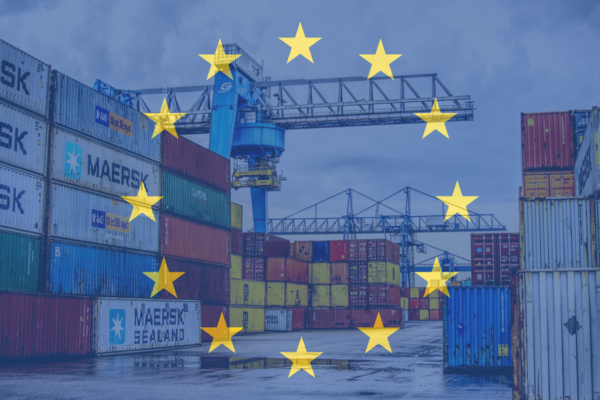
Introduction
Christopher Columbus, an Italian explorer, is one of the most pivotal figures in world history, known for his voyages across the Atlantic Ocean in the late 15th century. His expeditions, commissioned by the Spanish Crown, led to the European awareness of the American continents, thus kickstarting centuries of exploration, colonisation and cultural exchange. Understanding Columbus’s impact is increasingly relevant today, given the contemporary discussions surrounding colonialism, cultural identity, and indigenous rights.
Key Events in Columbus’s Voyages
Columbus made a total of four voyages to the New World between 1492 and 1504. His first expedition, which set sail on August 3, 1492, aboard three ships—the Niña, the Pinta, and the Santa María—culminated in his discovery of islands in the Caribbean, including present-day Bahamas, which he mistakenly thought were part of Asia. His second voyage in 1493 aimed at establishing settlements and expanding Spanish influence. During his subsequent voyages, Columbus established the first European contact with various civilizations across the Caribbean, including the Taíno and Arawak peoples.
Controversy Surrounding Columbus
While Columbus is often celebrated as a discoverer and hero of exploration, his legacy is marred by the impact of European colonisation on indigenous populations. His arrival heralded a wave of violence, enslavement, and diseases that decimated indigenous communities. Historians and activists have increasingly critiqued Columbus for his role in the beginning of the transatlantic slave trade and the severe consequences faced by native peoples. The debate surrounding how to honour Columbus’s legacy continues, as some cities in the United States have replaced Columbus Day with Indigenous Peoples’ Day to acknowledge the historical injustices faced by Native Americans.
Conclusion
The legacy of Christopher Columbus remains a contentious topic as societies navigate the complexities of history and its interpretation. As we reflect on the past, it becomes increasingly important to recognise not just the achievements attributed to figures like Columbus but also the profound consequences of their actions. His voyages reshaped the world’s geographical landscapes and initiated a series of cultural exchanges, but they also laid the groundwork for centuries of oppression for many indigenous communities. Understanding both sides of Columbus’s legacy is essential for fostering a more nuanced perspective on history, exploration, and the continuing ramifications of colonisation today.
You may also like

The Anti-Coercion Instrument: A New Tool for Trade Defence

Saif Hassan: An Emerging Talent in International Cricket
